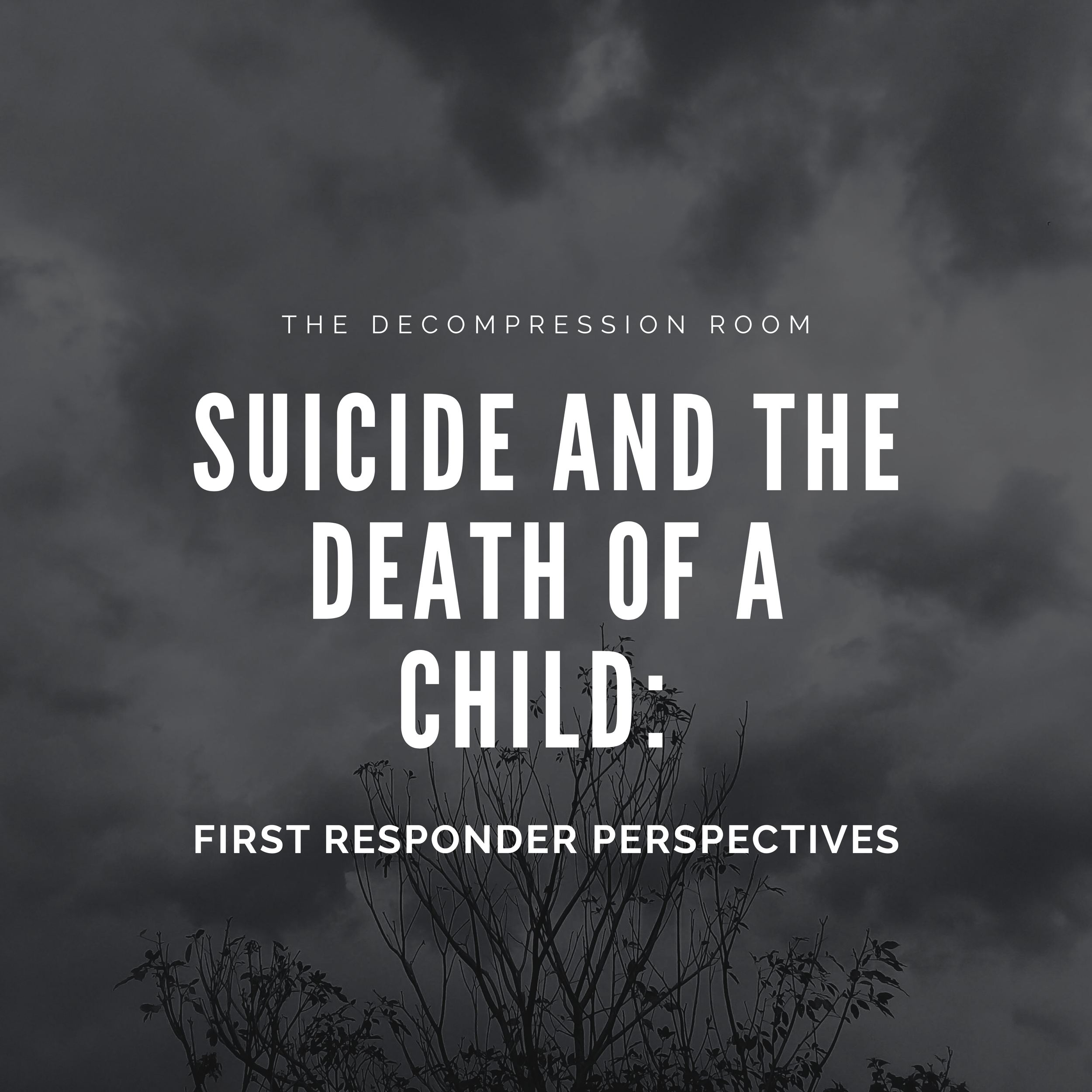
Suicide and the Death of a Child: First Responder Perspectives
Child suicide is one of the hardest realities first responders face. This post looks at why suicide hides, why it feels so different when it’s a child, and how responders, families, and society can begin to talk about what has long been left unsaid.
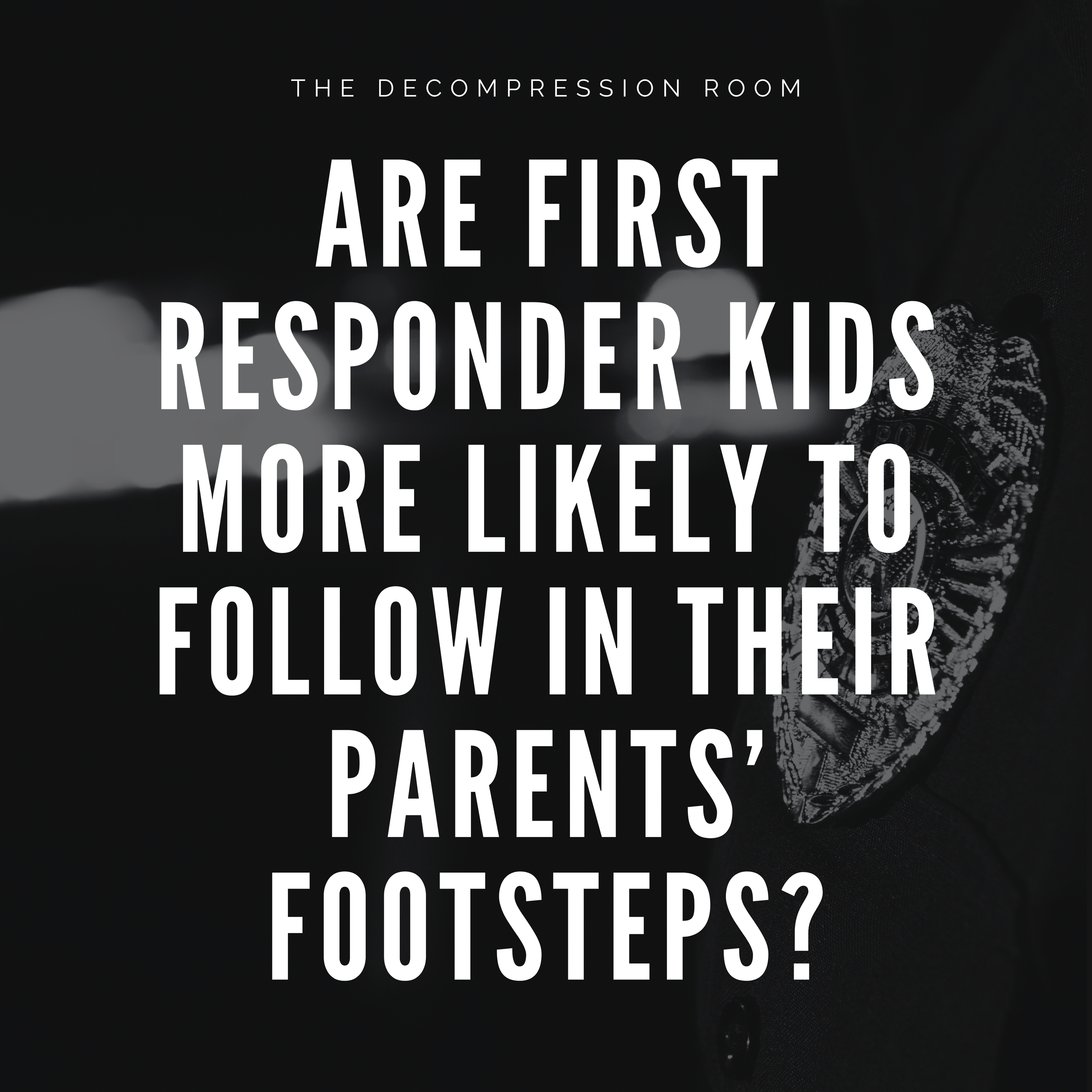
Are First Responder Kids More Likely to Follow in Their Parents’ Footsteps?
Are first responder kids more likely to follow the job? Growing up around shifts, sirens, and stories leaves an imprint—and research shows it can influence whether they step into the same career.
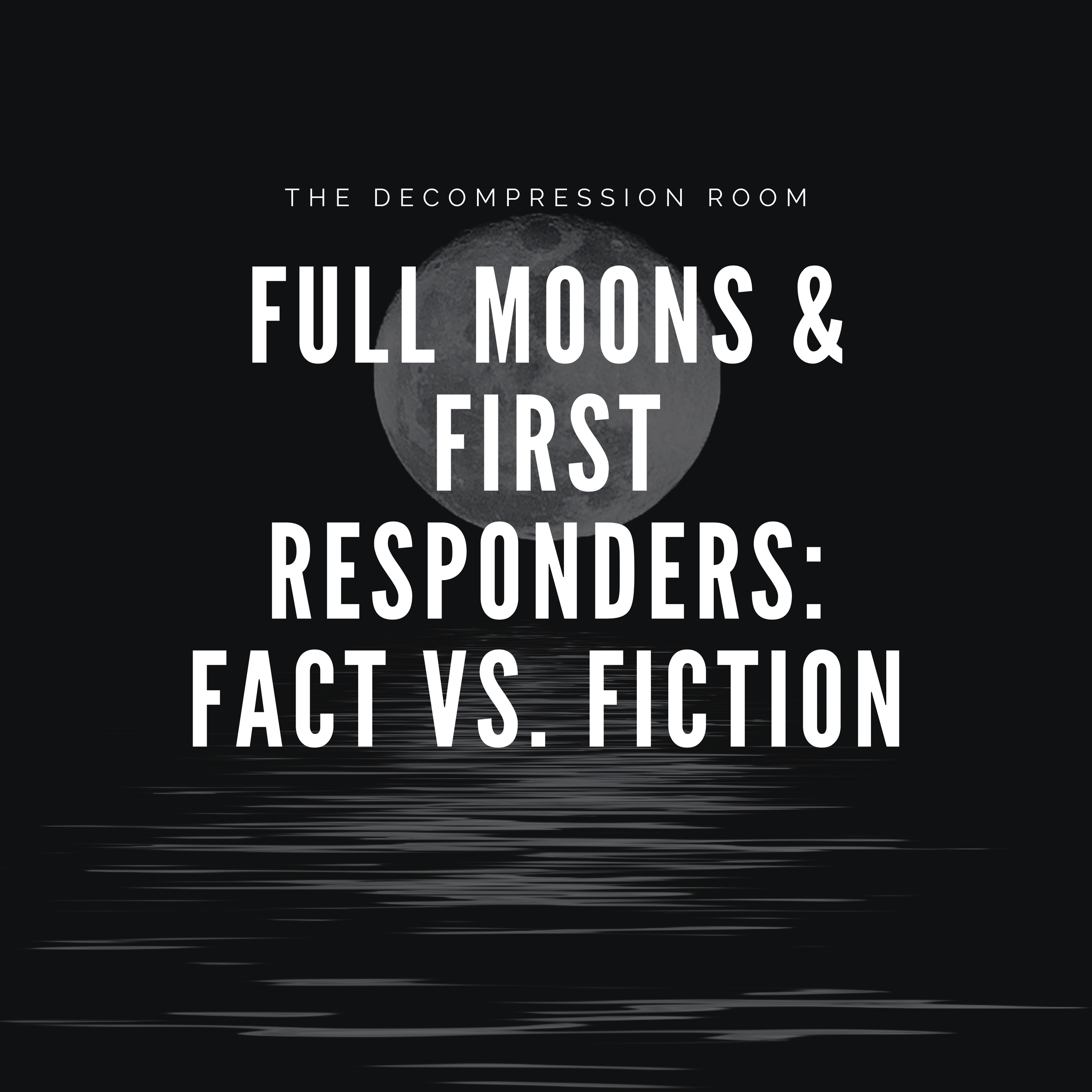
Full Moons & First Responders: Fact vs. Fiction
Full moons have a reputation in first responder work — more calls, stranger calls, more chaos. But is it fact, or just folklore? We dug into the data, the stories, and the science to find out what’s really going on.
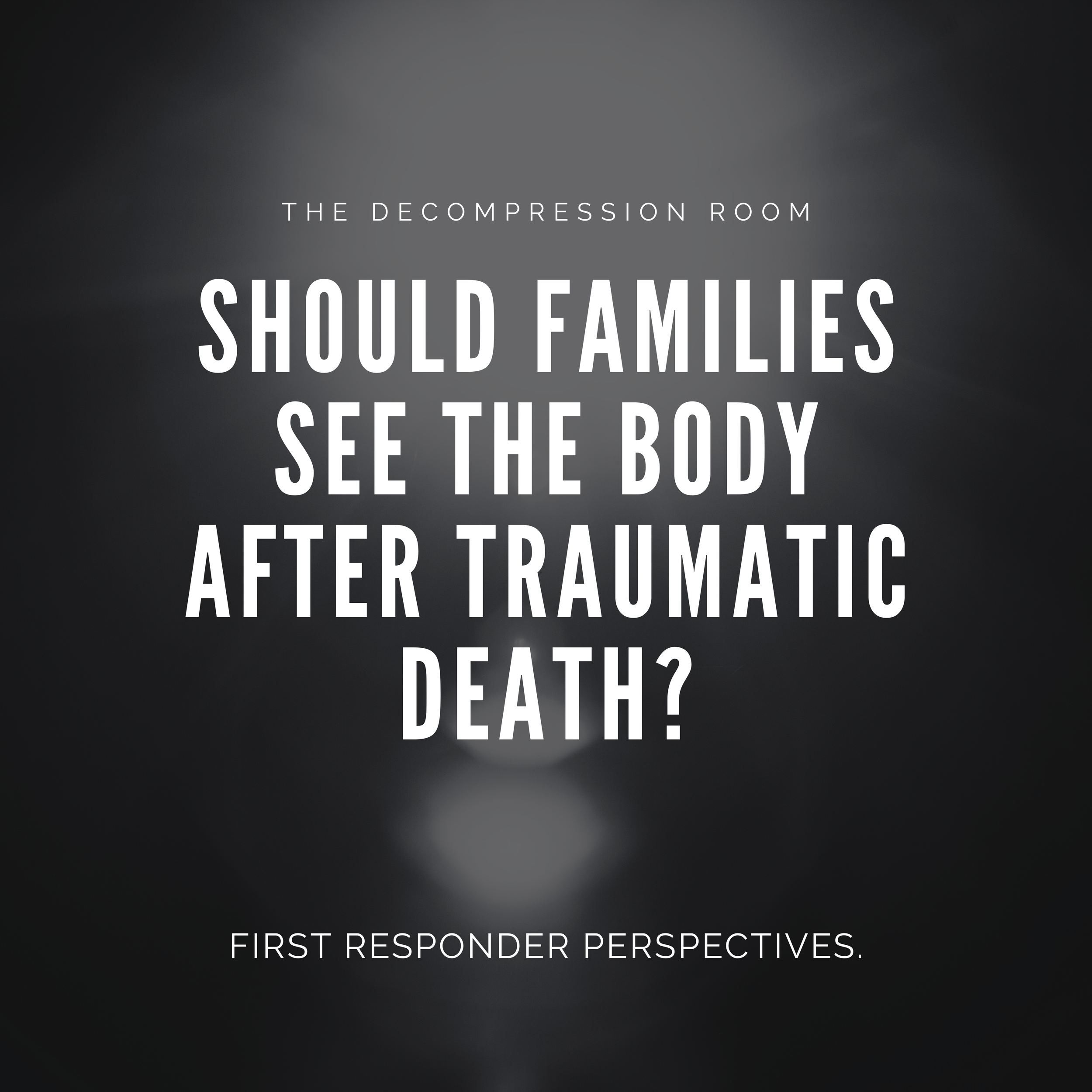
Should Families See the Body After Traumatic Death? First Responder Perspectives.
There’s no training for this part.
You’re standing with a family in the middle of the worst moment of their life, and they ask to see the body. It’s not about curiosity. It’s about reality. But what happens next isn’t simple—because what they see, they can’t unsee.
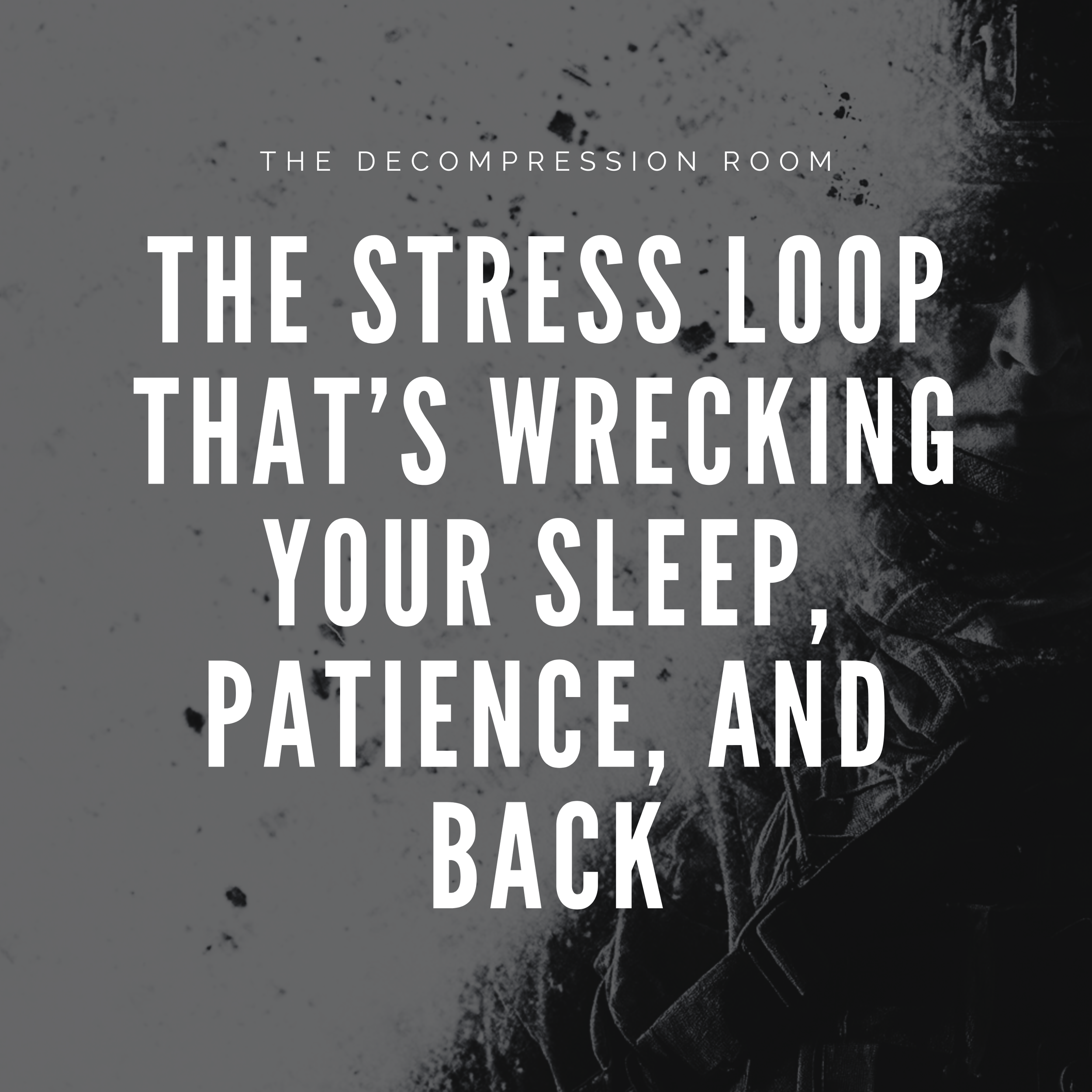
The Stress Loop That’s Wrecking Your Sleep, Patience, and Back
Understand the science behind the stress cycle, why it gets stuck in first responders, and how to break it using real nervous system tools from The Decompression Room.

The Simple Reset Techniques Most First Responders Don’t Know They Need
After a high-stress call, your mind may move on—but your body doesn’t. This post breaks down simple, tactical reset techniques designed specifically for first responders, dispatchers, and crisis professionals. Learn how to calm your nervous system fast, without fluff, therapy, or long routines.
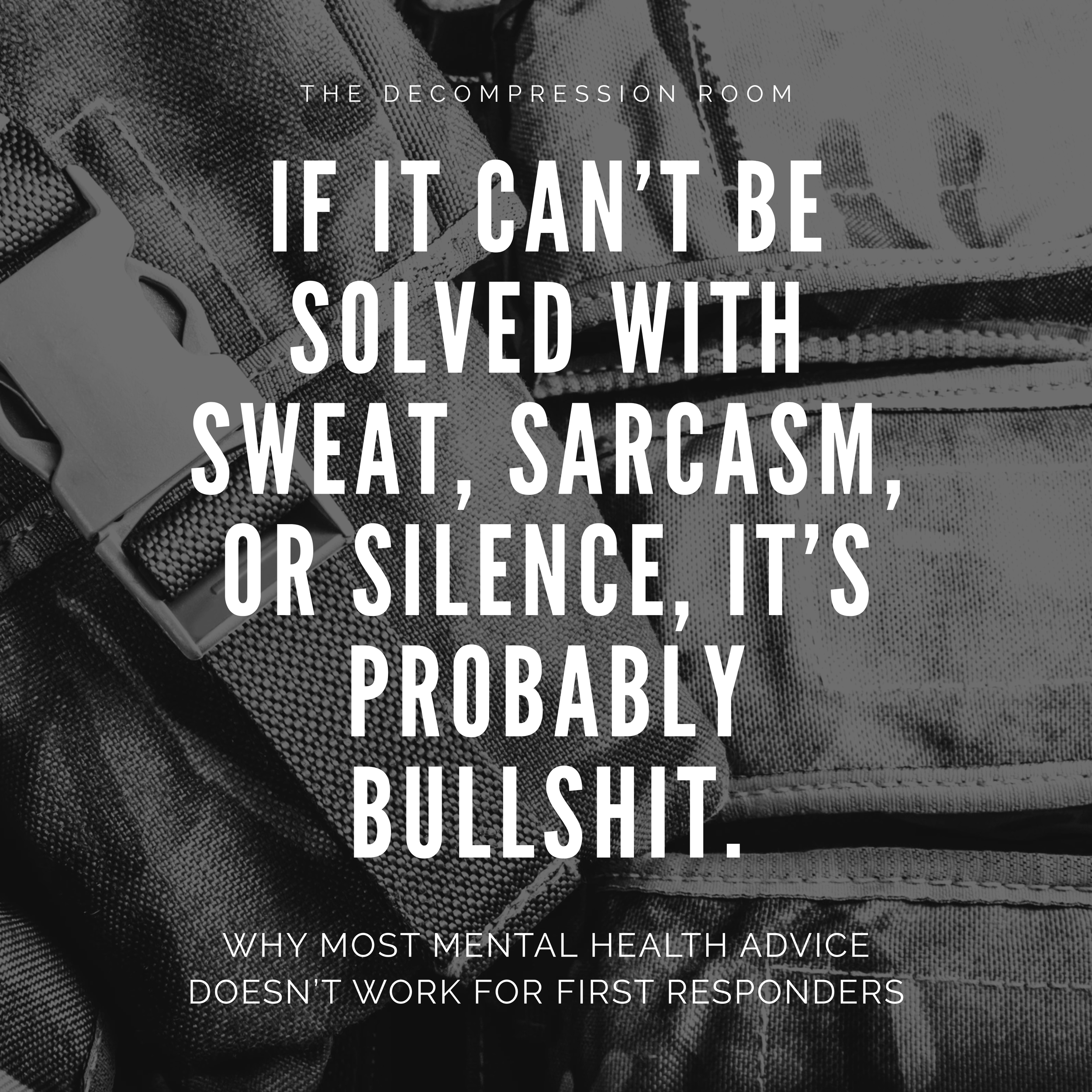
If It Can’t Be Solved With Sweat, Sarcasm, or Silence, It’s Probably Bullshit.
Why Most Mental Health Advice Doesn’t Work for First Responders
